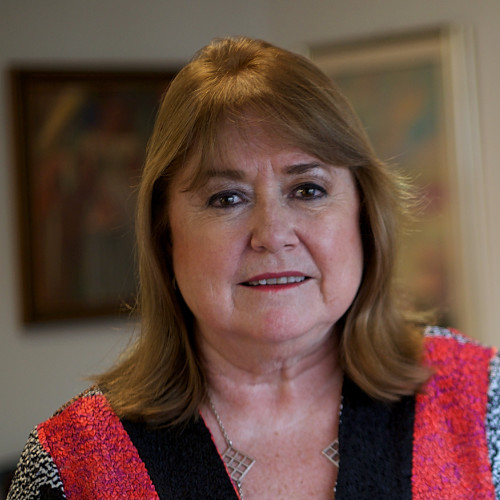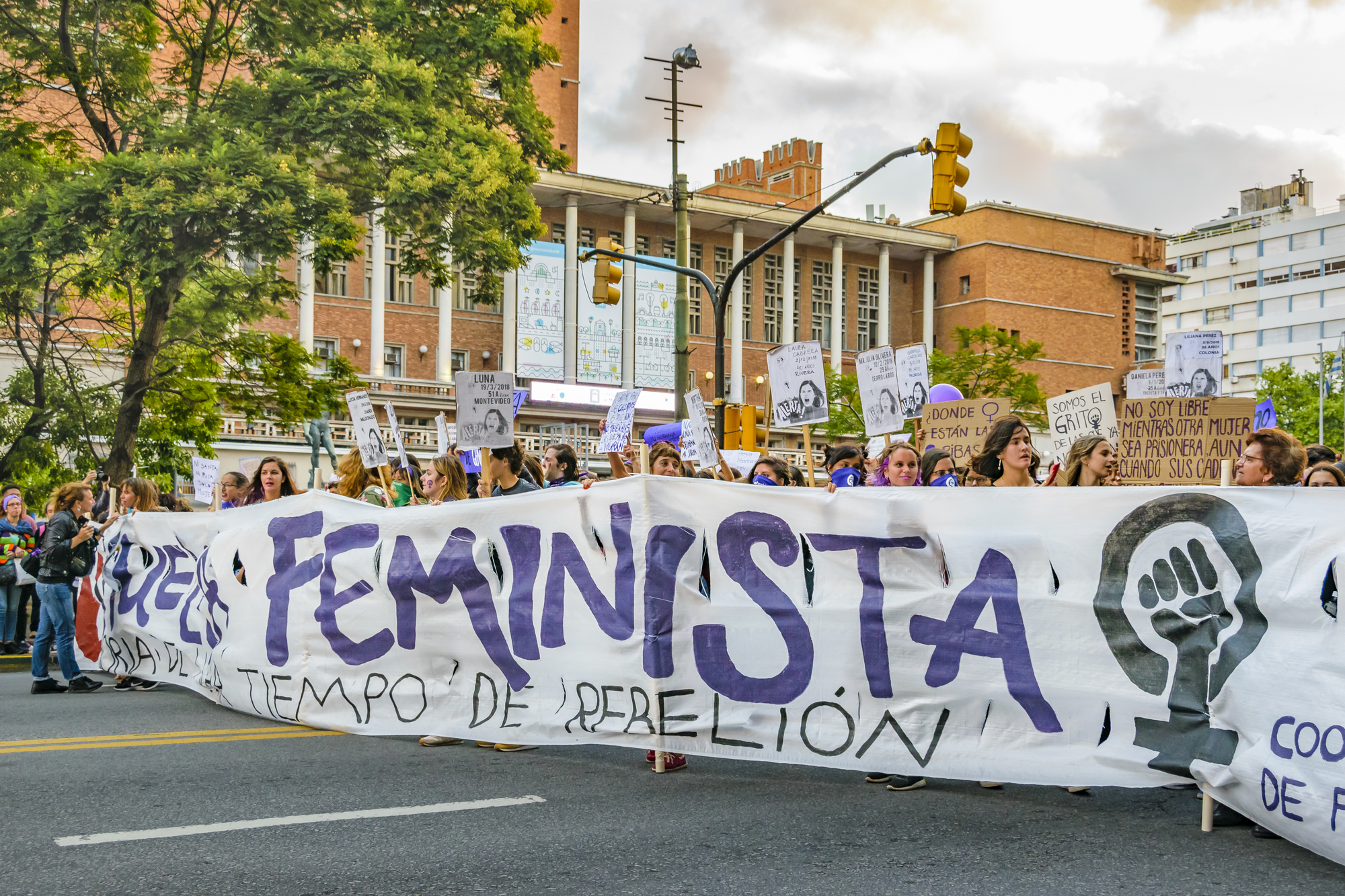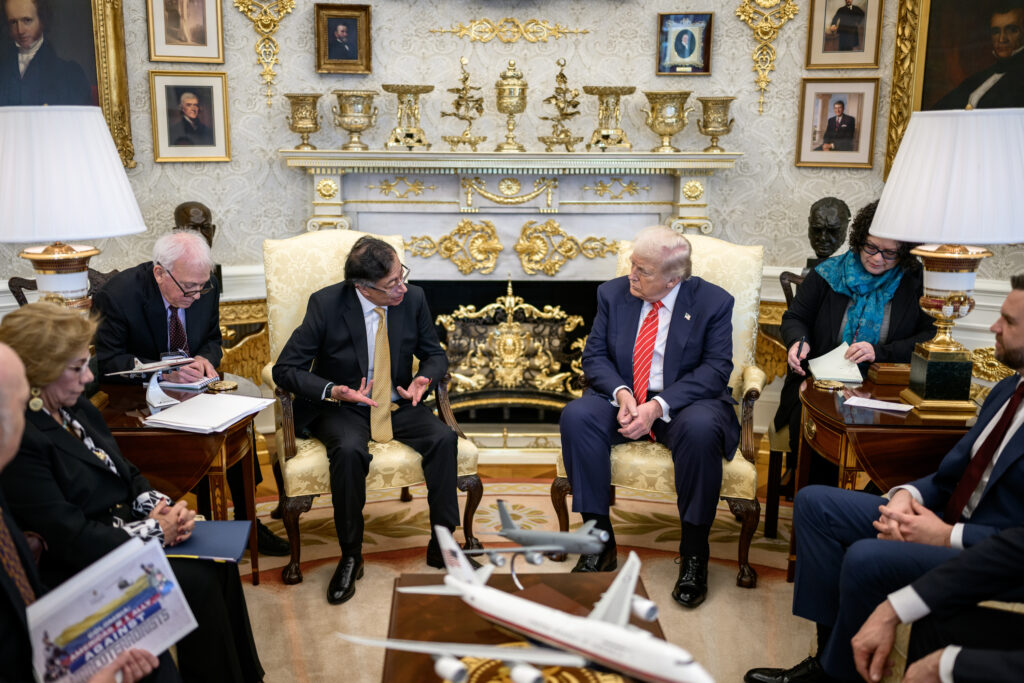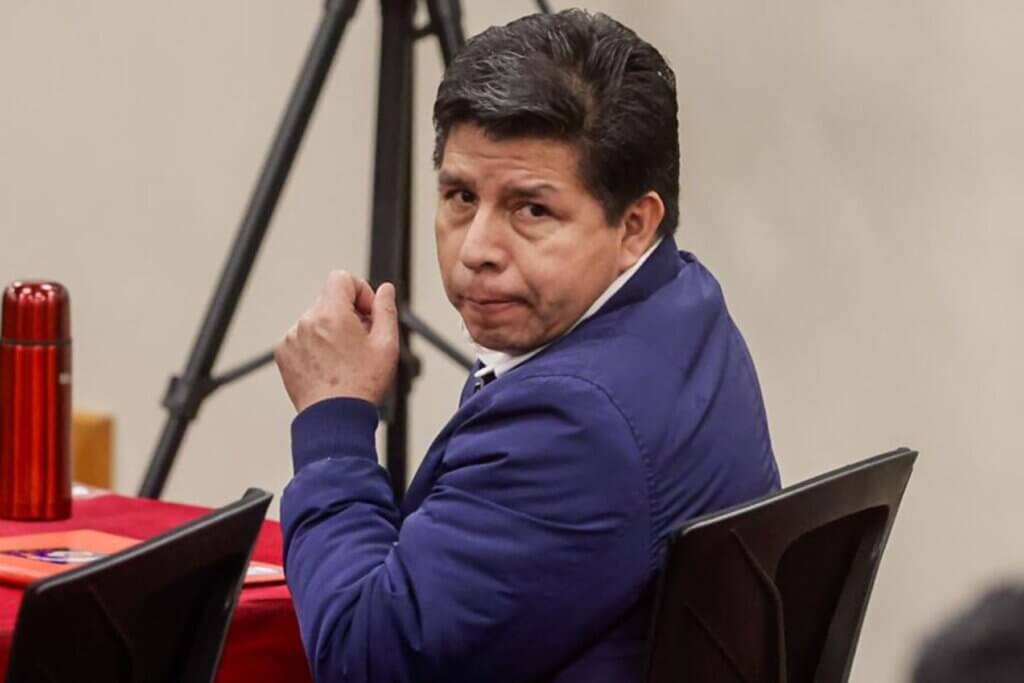Susana Malcorra, Argentina’s former Foreign Minister, is one of the 43 women who penned an open letter titled ‘Group of Women Leaders for Change Inclusion,’ published just before this year’s International Women’s Day.
The letter states there is an “erosion” of developments in women’s rights and calls for more complete gender equality, emphasizing the importance of multilateralism as a vehicle through which this can be achieved.
It gathers a range of signatures from female leaders worldwide including: former Prime Minister of New Zealand Helen Clark, Ethiopian president Sahle-Work Zewde, Bulgarian politician and former UNESCO director Irina Bokova, former UN secretary Christiana Figueres and former Irish president Mary Robinson.
[scribd id=400630790 key=key-LSyo9gPI44ccySTiOw2t mode=scroll]
Malcorra served as Foreign Minister from 2015-2017, following her tenure as the United Nations Chef de Cabinet. Speaking to Latin America Reports, she explained that a setback in women’s rights is a worldwide issue, but emphasized her “particular concern” for the region of Latin America.

The dwindling of the so-called Latin American ‘pink tide’ has produced a wave of right-wing male presidents whose conservative views pose a threat to women’s rights, Malcorra argues.
In Colombia, for example, where conversative lead Iván Duque was elected last year, violence against female human rights defenders in the city of Tumaco recently sparked concern within peace and human rights organizations such as ABColombia.
Women’s reproductive rights are also a point of contention in countries such as Argentina, whose right-wing president Mauricio Macri oversaw congress reject a bill to legalize abortion last year. Paraguay, led by conservative Mario Abdo Benítez, is also experiencing a similar polemic as illegal abortions are still one of the leading causes of death among women.
Chile experienced a breakthrough in 2017 when centre-right president Sebastian Piñera altered legislation to allow abortion in very limited cases after a 28-year complete ban. However, a Human Rights Watch report recently highlighted a new threat to reproductive rights in Chile: hospitals can now refuse to provide an abortion without justifying their decision.
And then there’s Brazil’s far-right leader, Jair Bolsonaro, who once told a former female colleague she “wasn’t worthy of being raped,” which sparked a nationwide women’s rights movement to prevent his election last year despite winning by a 55.2 percent margin.
We asked Malcorra about her thoughts on the regression of women’s rights across Latin America, a region where there are no female heads of state, and how this can be combated. Her answers and our questions have been edited for clarity.
Q. Why do you think there has been an erosion recently in women’s rights worldwide?
A. “This started in September last year, when some of us female leaders were in New York for the General Assembly and we felt there was a black cloud hanging over people, because of a widespread pushback on multilateralism. In particular, there was a real concern about gender and women’s rights. Unless we raise awareness of this, there is a real risk of some of the things that we consider as a given today being reverted.”
Q. Do you see a link between the decline of multilateralism and an erosion in women’s rights?
A. “We find those issues connected. The multilateral system is questioned for many reasons. It’s essentially a rights-based system and these conservative, populist, nationalist groups all challenge a rights-based approach. In parallel, they also question the rights-based approach towards women and gender policy. These groups want to replace gender with family, and equate one and the other, and that’s not exactly right. They have a very old-fashioned view on the construction of families, centered on the man as the leading role in the family and not on equal participation of men and women.”
Q. Do you think that the recent rise of right-wing male readers has contributed to an erosion of progress in women’s rights?
A. “It’s a huge contradiction, because while there is a warm sense of confidence that women are taking to the streets, at the same time, there are more and more examples of power in government being taken by right-wing views, very conservative views, that will do everything in their power against women’s rights. And that’s not necessarily understood. That’s why we feel we need to talk about it.”
Q. Where does the disconnect lie between the election of right-wing male leaders and popular women’s rights movements?
A. “Well, first of all, I think that what is clear is that citizens across the world, don’t feel fully represented by their political leadership, by the traditional parties.
This, in my view…came after the 2008 crisis, where people saw very clearly that governments took decisions to reassign resources on a huge scale. The resources went to certain powerful sectors – to the financial system, to the automotive industry, to different industries that were at risk. Their perspectives were in sharp contrast with those of the common citizen, whose needs were overlooked. That distancing gave way to new politicians’ views, new perspectives, many of them very conservative, that match with the frustrations of the people.”
Conservative groups have a very old-fashioned view on the construction of families, centered on the man as the leading role in the family and not on equal participation of men and women.
Q. A long time has passed between then and now. Do you think that this attitude has lasted from 2008 until today in Latin America?
A. “Well, what I’m suggesting here is a general description, which applies mainly to the Western developed world. In the case of Latin America, I would say there is another twist to the story. The great times of economic prosperity, of commodities have gone and the notion of richness cascading down into society is no longer there.
The other thing is, of course, the prevalence of corruption and people starting to see that the corruption model was the standard model. And again, that gives us an opening to say, “OK, let’s try something different. Let’s go back.”
Q. Do you think that civilian women’s rights movements in Latin America are making a quantifiable difference in counteracting this “erosion” of progression?
A. “Well, for me, quantifiable is a very important adjective that we have to add here. I’m worried that we remain only at the level of the noise and attention provided by social media. This is good, because it puts you on the radar, but to be transformative, you have to have policies and laws passed, you need to be able to measure in real terms what is happening. And I am not certain that correlation is working as well as it should.
I think that we need to be very careful about keeping the attention that we have, but also making sure that we have concrete proposals, that translate into real life, into changing the lives of the men and women who believe in an equal society.”
Q. What’s the strategy behind both raising one’s voice and putting in concrete proposals?
A. “I think civil society needs to take responsibility for that next step. We need to put things that are hard to refuse on the table, things that are not so mind boggling sometimes, it’s just pushing that is important. And that is something that we women need to work on, on an everyday basis.”
Q. Do you put your faith in women leaders to counteract this erosion and enact the changes that you’re asking for?
A. Honestly, I don’t think this can be done only by women leaders, I think we need the partnership of women and men. But I do believe that women can be a trigger. And that’s why we came together and wrote what we wrote and we will keep pushing in different ways, at different moments, to keep this awareness high.
With additional reporting by Frances Jenner.











